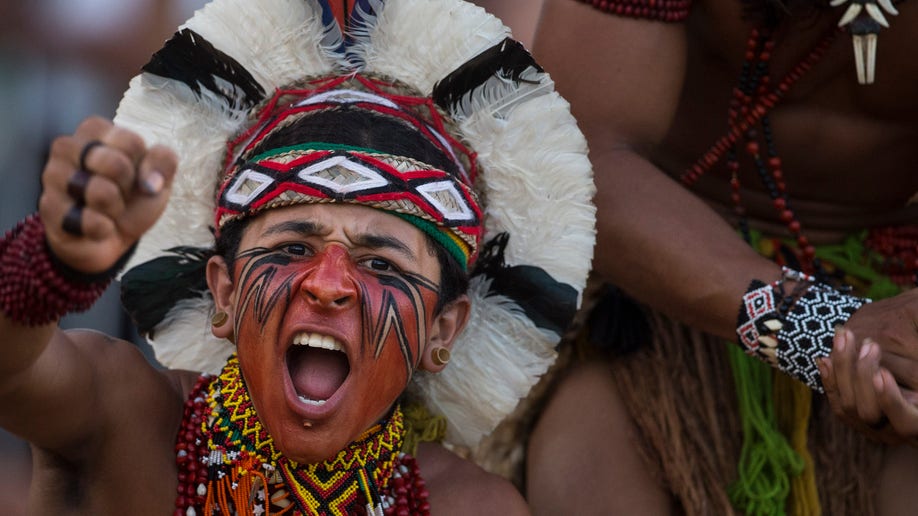Brazil is home to more than 300 tribes for a total of over 900 000 indigenous people

Brazil: Home to Over 300 Tribes and 900,000 Indigenous People

Brazil, known for its vibrant culture and diverse landscapes, is also proud to be home to a rich tapestry of indigenous communities. With more than 300 tribes spread across the country, Brazil provides a sanctuary for over 900,000 indigenous people - safeguarding their unique cultures, languages, and traditions.
With such a large number of tribes, the indigenous communities in Brazil offer a valuable insight into the nation’s captivating history and heritage. These communities have managed to preserve their respective lifestyles, ancestral knowledge, and spiritual beliefs throughout centuries, despite various challenges.
A Haven for Indigenous Tribes

Brazil is widely recognized for its remarkable biodiversity, boasting the largest contiguous rainforest in the world - the Amazon rainforest. This vast, lush ecosystem is home to a significant number of indigenous tribes, who have successfully thrived in harmony with nature for generations.
The Amazon rainforest’s abundant resources, including rivers, forests, and wildlife, have been crucial for the survival and sustenance of these indigenous communities. Their profound connection to the natural world and the need for its preservation have made them staunch advocates for environmental conservation.
Cultural Diversity and Traditions
Each tribe in Brazil has its distinct culture, language, and traditions. From the Ashaninka in the western Amazon to the Xavante in Central Brazil, the diversity among these indigenous communities is awe-inspiring. This vibrant cultural heritage manifests in their artistic expressions, music, dance, and clothing, all of which contribute to Brazil’s diverse cultural fabric.
The resilience of these tribes in upholding their customs and traditional knowledge has captivated visitors from around the world. It is not uncommon for tourists to seek authentic experiences with indigenous tribes, providing an opportunity to learn about their way of life and foster mutual understanding.
Challenges and the Preservation of Indigenous Rights
Despite their invaluable contribution to Brazil’s cultural heritage, indigenous communities face various challenges that threaten their existence and rights. Deforestation, encroachment on their ancestral lands, illegal logging, and the exploitation of natural resources pose significant threats to these communities.
Organizations like Survival International work tirelessly to defend the rights of indigenous peoples in Brazil and worldwide. They play a crucial role in raising awareness about their plight and advocating for the preservation of indigenous lands, cultures, and way of life.
Looking Ahead
Brazil’s indigenous communities enrich the nation’s cultural mosaic, preserving ancient wisdom and offering a unique perspective on harmonious coexistence with nature. Recognizing the importance of their existence and safeguarding their rights is paramount for maintaining the diverse fabric of Brazilian society and ensuring a sustainable future for all.
For more information on the tribes and indigenous communities in Brazil, and to support initiatives protecting their rights, please visit Survival International.
Note: The information in this article has been gathered from Survival International to ensure accuracy and reliability.
Related Posts
Quick Links
Legal Stuff

